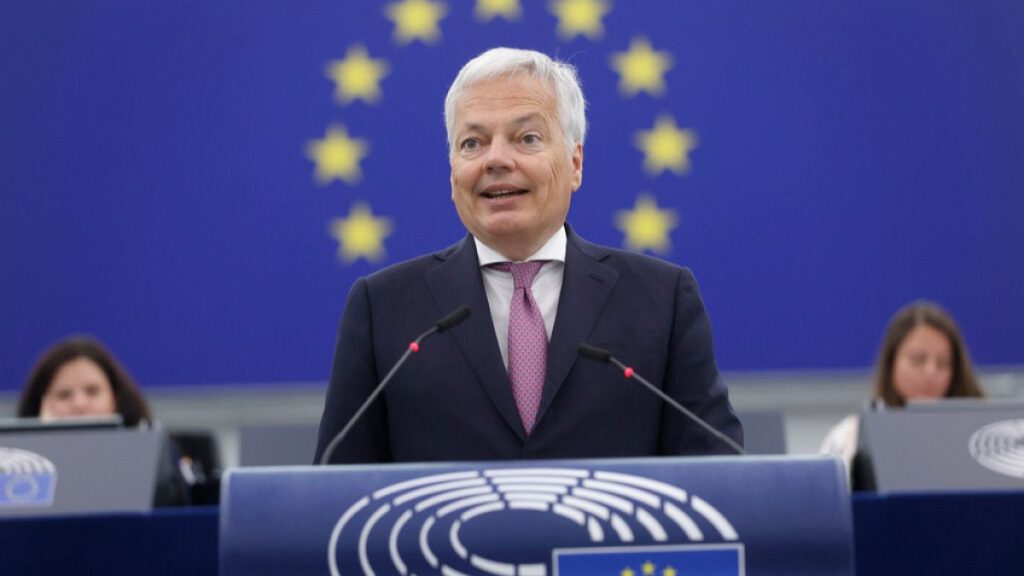Belgian authorities recently conducted raids on various properties associated with Didier Reynders, the former European Commissioner for Justice, amidst allegations of fraud and money laundering. Reports from Follow the Money and Belgian newspaper Le Soir reveal that Reynders, who served as a key figure in European politics from 2019 to 2024, is under investigation for illicit activities linked to his past tenure as a minister overseeing the National Lottery from 2007 to 2011. Allegedly, he engaged in dubious practices involving the purchase of lottery tickets and subsequently funneled the purportedly laundered profits into his private financial accounts.
The investigation into Reynders has been in progress for several months, but authorities reportedly delayed the raids until the conclusion of his term at the European Commission. This timing was strategic, as it coincided with the expiration of his EU immunity, allowing Belgian police to take decisive action without the constraints that come with being an active commissioner. The investigation necessitated a formal approval process involving the College of Commissioners, which initially presented a challenge since Reynders was a sitting member. Consequently, police and investigators opted to tread carefully to preserve the integrity of the ongoing probe.
Didier Reynders is a seasoned politician, having held significant positions in the Belgian government before moving to the European Commission. His tenure as Minister of Finance and as the Justice Commissioner illustrates a considerable career marked by influence in both national and European contexts. However, the current allegations cast a shadow over his legacy, raising questions about ethical governance and the accountability of public officials. The scrutiny comes at a time when public trust in institutions and figures in positions of power is fragile, making such investigations critical for upholding democratic integrity.
The raids carried out as part of this investigation are particularly notable as they included Reynders’ private property, highlighting the seriousness of the allegations against him. Law enforcement’s actions reflect growing concerns about corruption and the misuse of public office in the wake of various global scandals. Investigators engaged with Reynders for several hours, suggesting that they are vigorously pursuing leads while aiming to uncover the extent of any malpractice and the potential networks involved in the alleged fraud.
The unfolding situation poses challenges not only for Reynders but also for the European Commission and Belgian political structures as a whole. If the allegations are substantiated, they could prompt serious repercussions affecting public perception of the integrity of European institutions, as well as inciting further calls for transparency and reforms in political financing and accountability measures. As investigations progress, there is a heightened anticipation regarding the outcomes and implications that this affair may have on the future of European governance.
In conclusion, the raids on Didier Reynders’ properties mark a significant development in the investigation of alleged fraud and money laundering linked to his previous roles in government. This inquiry serves as a stark reminder of the importance of upholding standards of public trust and accountability among elected officials. As details continue to emerge, the broader implications for political integrity, institutional trust, and ethical governance remain at the forefront of public discourse and will likely influence future policy considerations and legislative actions within the context of both Belgian and European politics.

